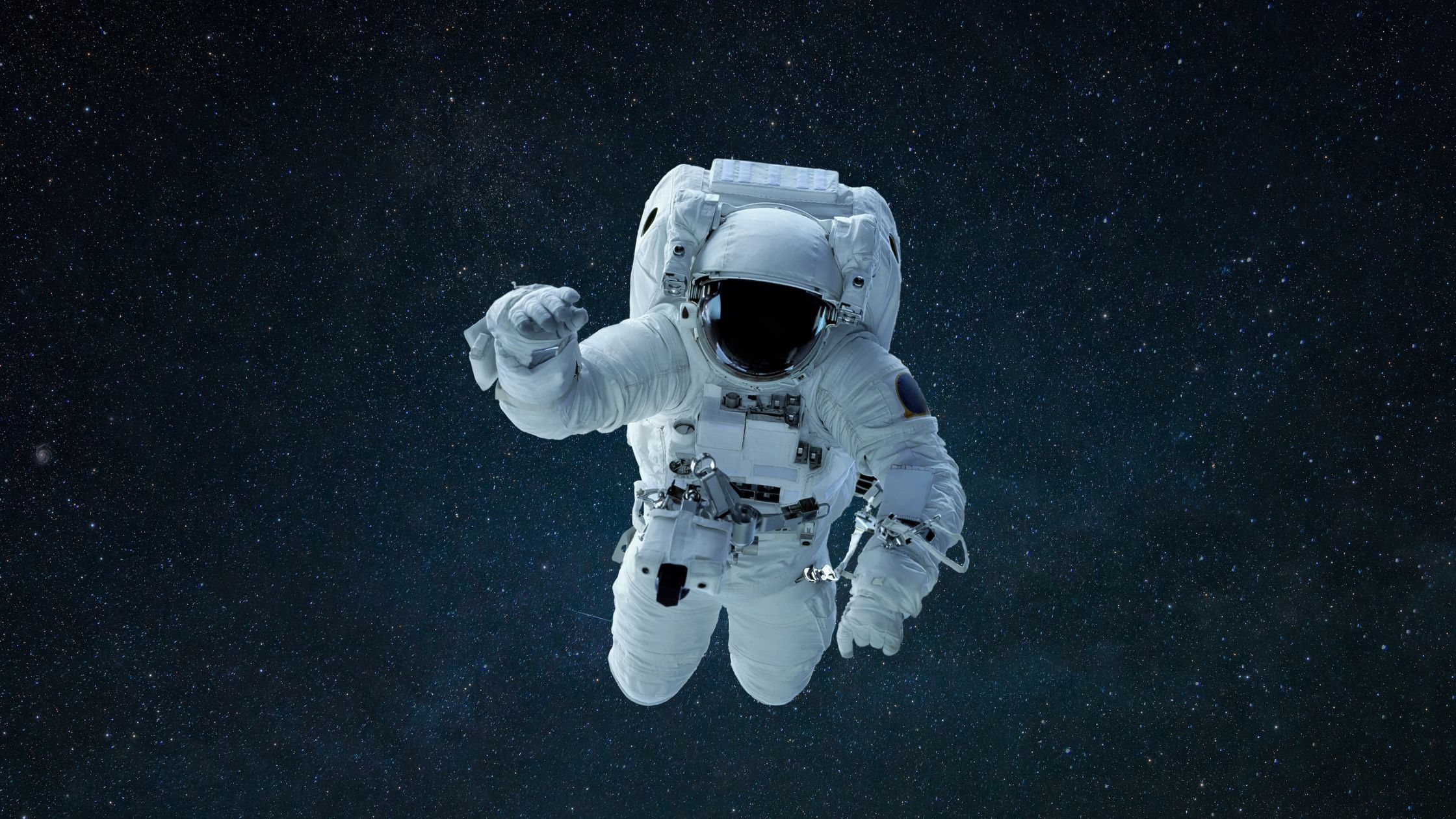Considering its vastly different environmental qualities compared to those of Earth, space can have significant effects on the human body over time. From gradual changes in bodily function to altered psychological states, the potential effects of long-term space exposure run deep and, in many cases, remain an ongoing field of study. As space travel becomes more ambitious and far-reaching than ever thought possible, we must continue to identify and better understand space’s various bodily impacts to create a safer, more seamless experience.
Aligning Existing Knowledge
Biologically and evolutionarily speaking, the human body was never meant to enter space – let alone remain there for months on end. Therefore, space infrastructure has grown to accommodate these inevitable incompatibilities and prioritize astronaut health during and after voyages. Along the way, we have gained crucial insight into how the human body reacts to space travel. These effects include, but are not limited to:
Skeletal and Muscular Effects
Perhaps the most noteworthy bodily impact of space travel is the gradual degradation of bone and muscle. Since zero-gravity environments decrease the stress placed on muscles and bones, astronauts often experience slow muscular atrophy – especially in the legs. Without proper precautions, this effect can increase the risk of muscular imbalances, fractures, and other skeletal issues lasting beyond the voyage.
Cardiovascular Effects
Similarly, space exposure can impact the body’s cardiovascular structures and processes. The heart, in particular, can undergo considerable atrophy since it doesn’t need to work as hard pumping against gravity. As a result, many astronauts are at risk for a general reduction in cardiovascular fitness – as well as orthostatic intolerance, an issue with blood pressure regulation that can lead to dizziness and fainting upon standing after long periods of sitting or lying down.
Psychological Effects
Prolonged time in deep space is also known for its myriad psychological effects. Drawn-out isolation and confinement can quickly create patterns of stress, emotional discomfort, and sleep deprivation that can collectively hinder psychological health. What’s more, the longstanding absence of Earth-related environmental constants – certain scents, sounds, activities, etc. – can harm an astronaut’s sense of normalcy and compound the aforementioned symptoms.
Looking Beyond
The above fields are just a few important focal points within human space health research – all of which have spurred an ongoing sense of urgency to bolster the safety of future space flights. These facts are paramount considering the increasingly rapid pace toward longer, more immersive missions and the rise of commercial space travel. To ensure a higher degree of astronaut welfare in the future, research must be two-pronged; it should continue delving into potential solutions for known space-related bodily effects while striving to realize advanced concepts reinforcing that knowledge.
For instance, in addition to providing proper psychological support and necessary physical interventions pre- and post-voyage, our space institutions should remain tenacious in developing concepts like artificial gravity implementation, remote biomedical monitoring, and self-sustaining ecosystem construction. These resources range from prevailing tech to rudimentary, futuristic ideology, but they mutually represent a commitment to a safety-oriented culture for tomorrow’s space community – a foundation that will better support our ability to navigate and understand space’s limitless potential.






